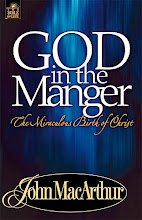 Leaving Carolina
Leaving CarolinaTamara Leigh
Multnomah Books (September 15, 2009)
Embarrassed by her past Piper has done an excellent job of forgetting and hiding her history from those who know her. Things begin to change when she gets a phone call. Headed back to her hometown of Pickwick, North Carolina, she is hoping to get in and out as quickly as possible. That is not to be the case as she is forced to face the past she was running from. Fighting off her materialism and shallow faith, Piper, as you might expect, soon meets up with someone that will change her perspective.
Laced with laugh out loud humor and unique characters this breezy novel will appeal to many.
"From atop a creaky stepladder, I reach past the applesauce and snag a jar of pickled corn. I can almost taste the yellow kernels that press against the glass, as if looking out at me as eagerly as I look in at them...All ten fingers splay as I grab for something to keep the stool upright. I catch the lip of a shelf, but as the jar heads for the floor, the stool goes out from under me. I register a shriek, a crash, a spray of moisture, and a scent I was so looking forward to in a different context. A moment later my sandaled feet hit the floor, and I slam back against a shelf."
This is obviously not a book I would have picked out myself. However, with good characterization and a breezy style it is an easy and enjoyable read that I can mildly recommend for those of the romantic comedy persuasion.
This book was provided for review by the WaterBrook Multnomah Publishing Group.


.jpg)



